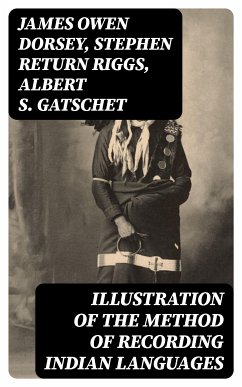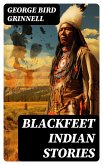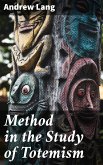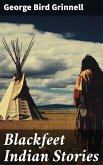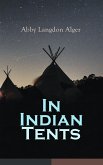Illuminating the rich tapestry of Native American linguistic heritage, *Illustration of the Method of Recording Indian Languages* is an indispensable anthology that delves into the complexities and beauty of Indigenous languages. This collection masterfully showcases a range of linguistic records, notes, and narrations that highlight both the breadth and depth of Native linguistic traditions. The works within this anthology not only serve as vital records of languages that have faced threat of extinction but also as windows into the lives, cultures, and histories intertwined with these tongues. Readers will discover standout pieces that echo the profound connection between language and cultural identity, reflecting a diversity of styles from phonetic descriptions to poetic translations that bring these languages to life. The anthology assembles the scholarly acumen of eminent figures such as James Owen Dorsey, Stephen Return Riggs, and Albert S. Gatschet, whose meticulous efforts have been instrumental in the preservation of Native American languages. Through their collective endeavors, the collection aligns with historic and cultural movements dedicated to linguistic preservation and cultural understanding. This collaboration of voices invigorates the discourse around cultural heritage, inviting readers to appreciate the profound significance of these linguistic treasures. For any reader keen to explore Indigenous languages through an educational and multifaceted lens, *Illustration of the Method of Recording Indian Languages* offers an unparalleled opportunity. This anthology provides a comprehensive exploration of the nuanced expressions of Native American speech, fostering a dialogue between past and present narratives. It stands as a testament to the power of language in preserving identity and tradition, making it a compelling read for linguists, historians, and cultural enthusiasts alike.
Dieser Download kann aus rechtlichen Gründen nur mit Rechnungsadresse in A, B, BG, CY, CZ, D, DK, EW, E, FIN, F, GR, H, IRL, I, LT, L, LR, M, NL, PL, P, R, S, SLO, SK ausgeliefert werden.

